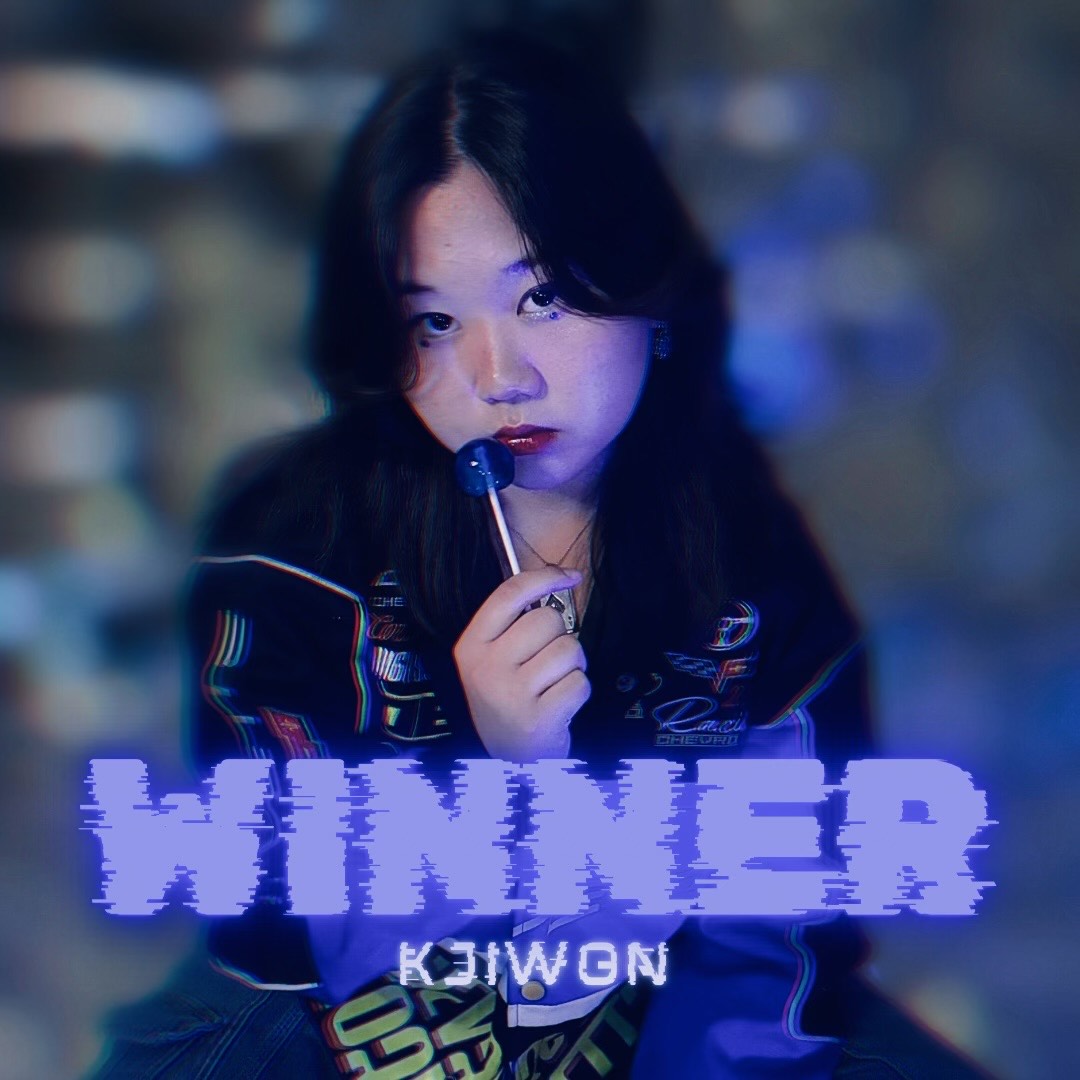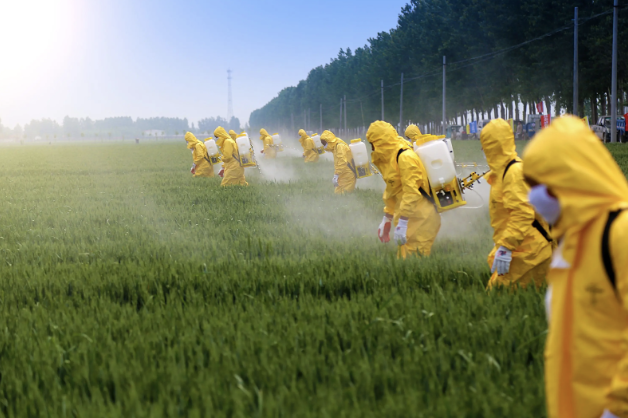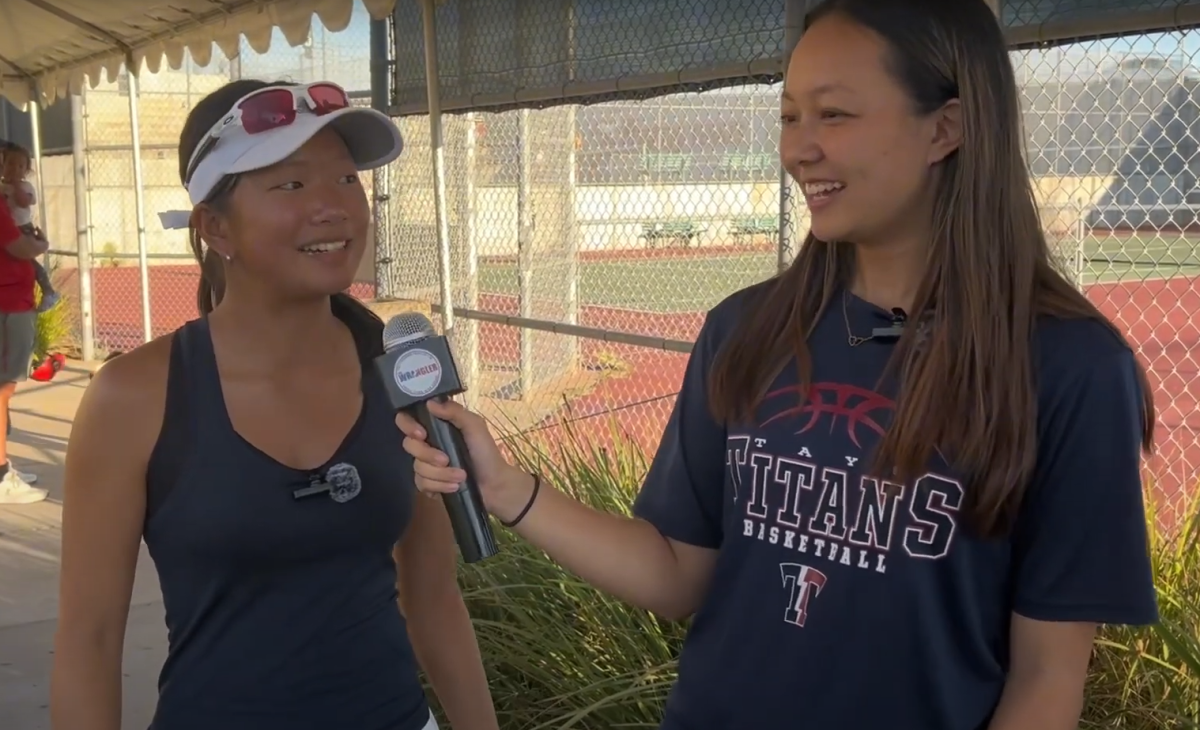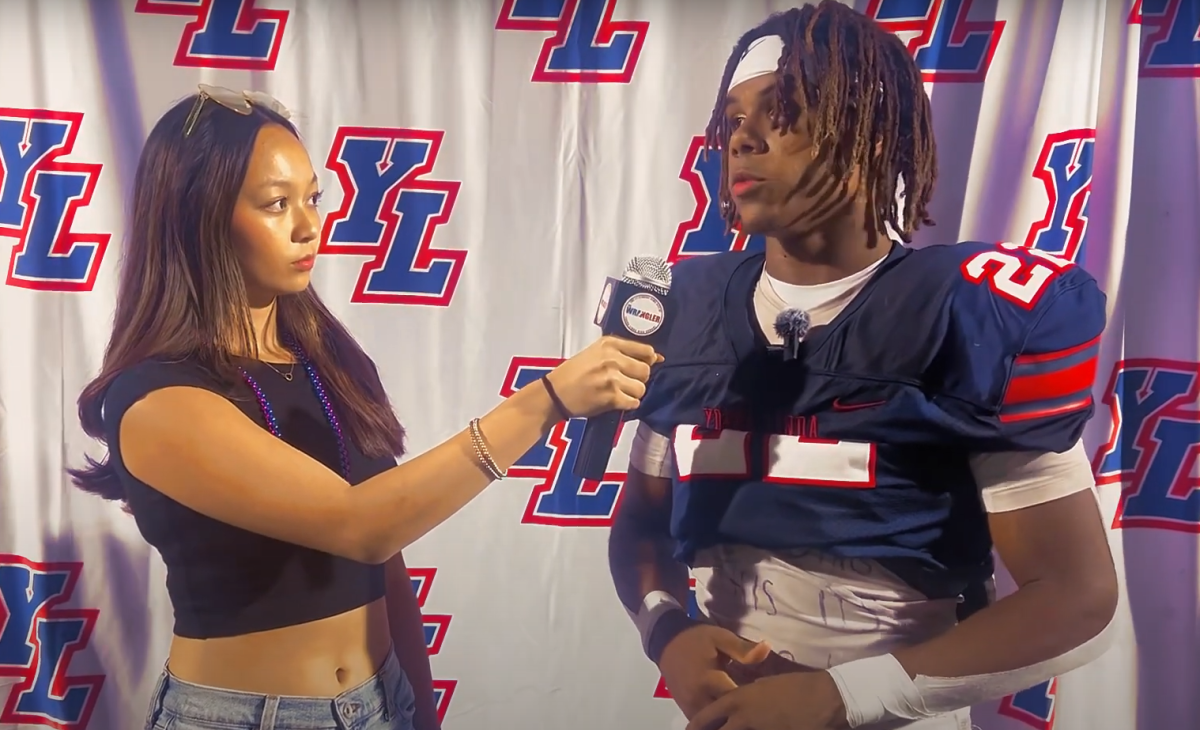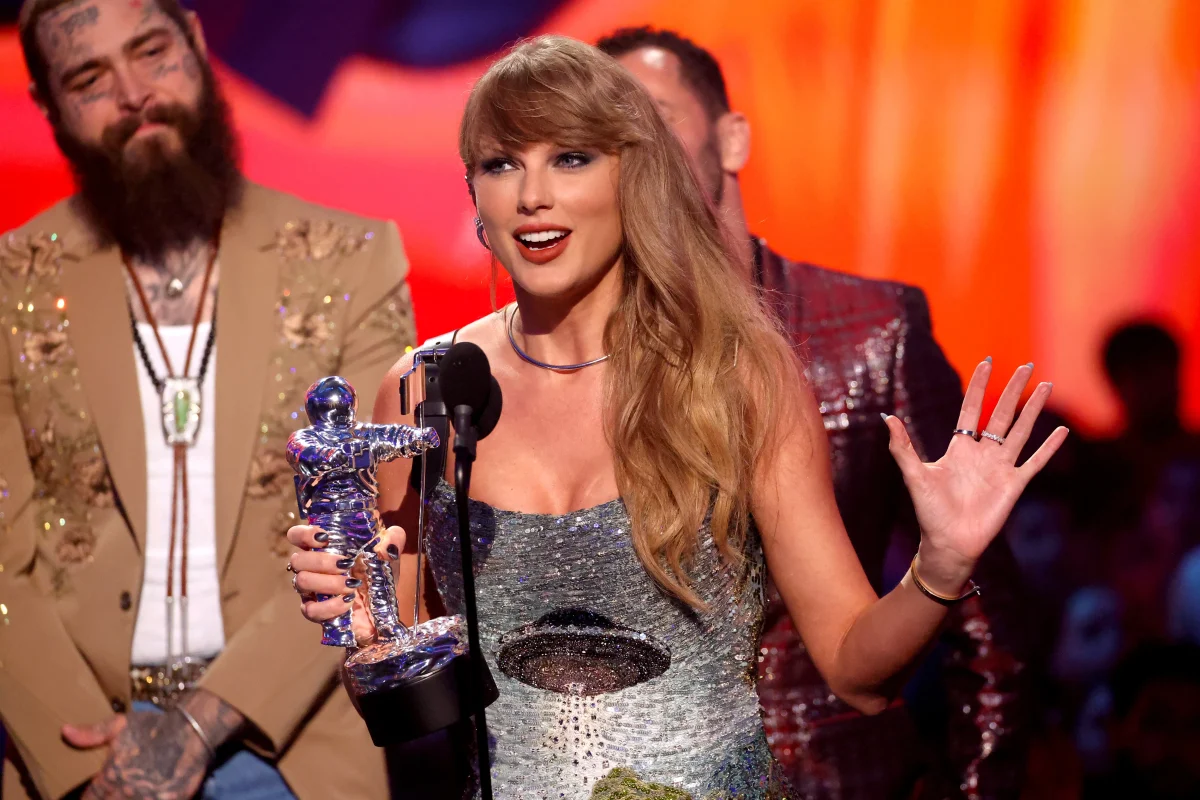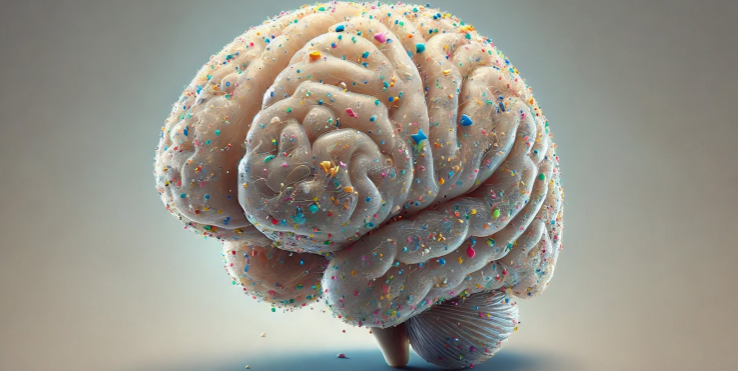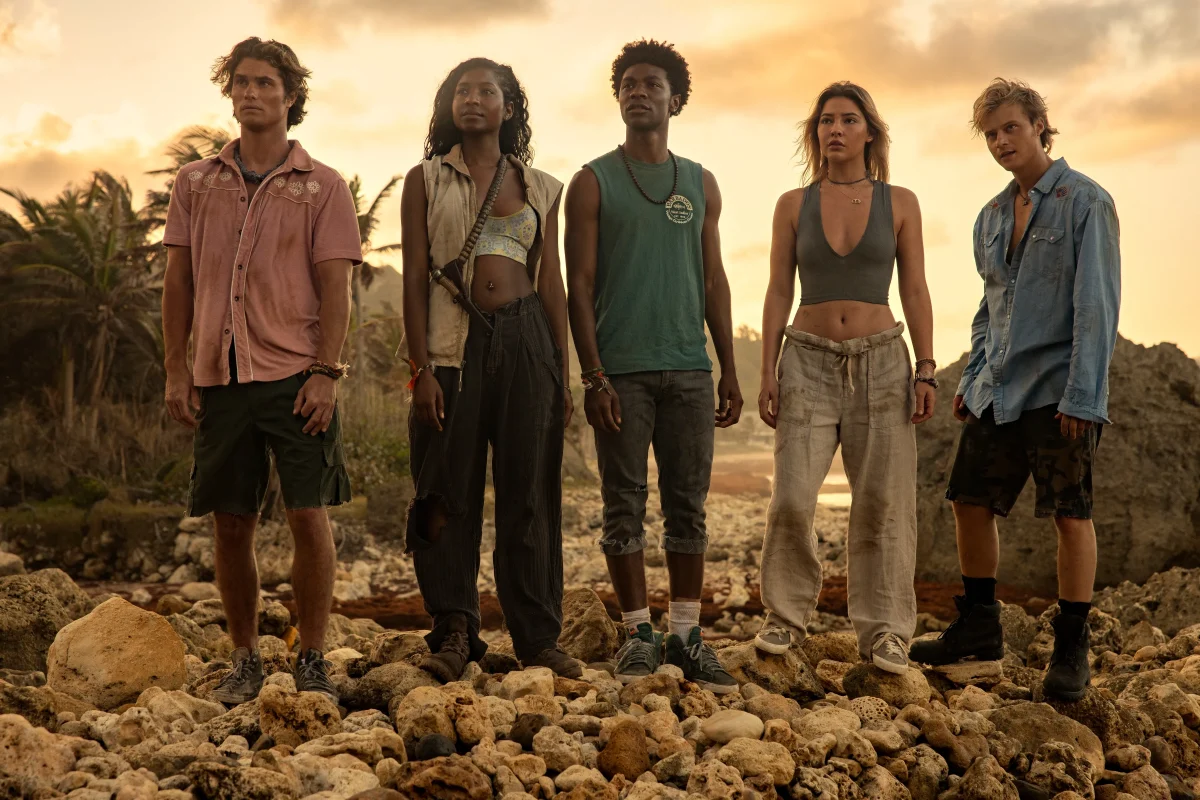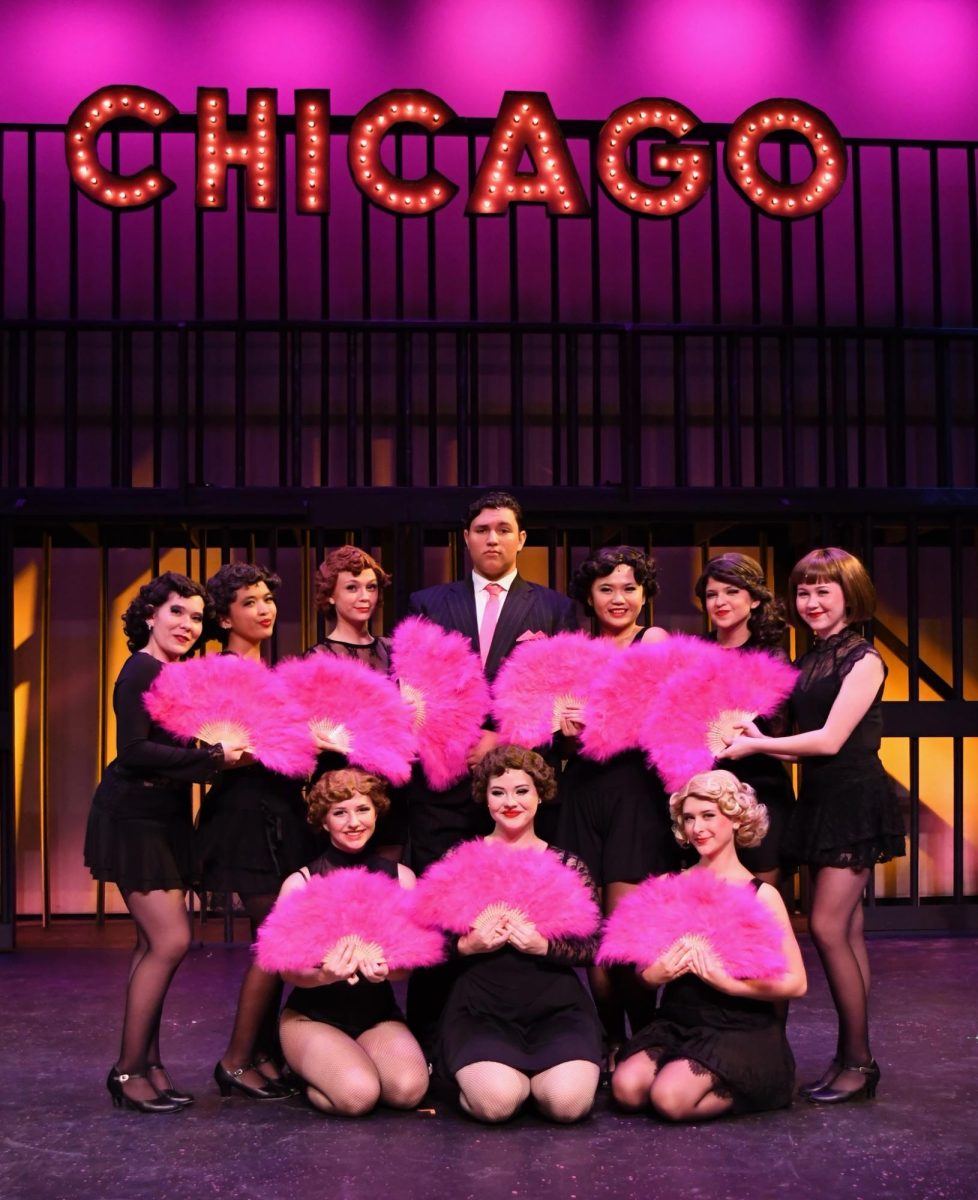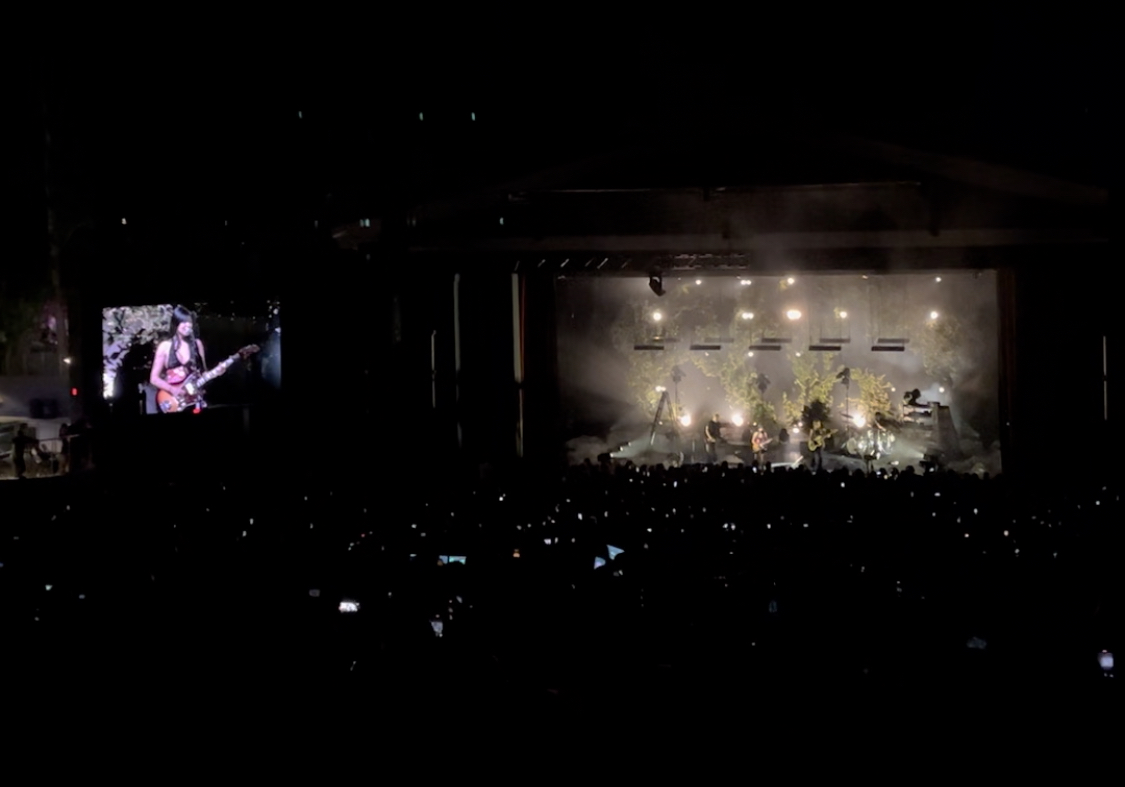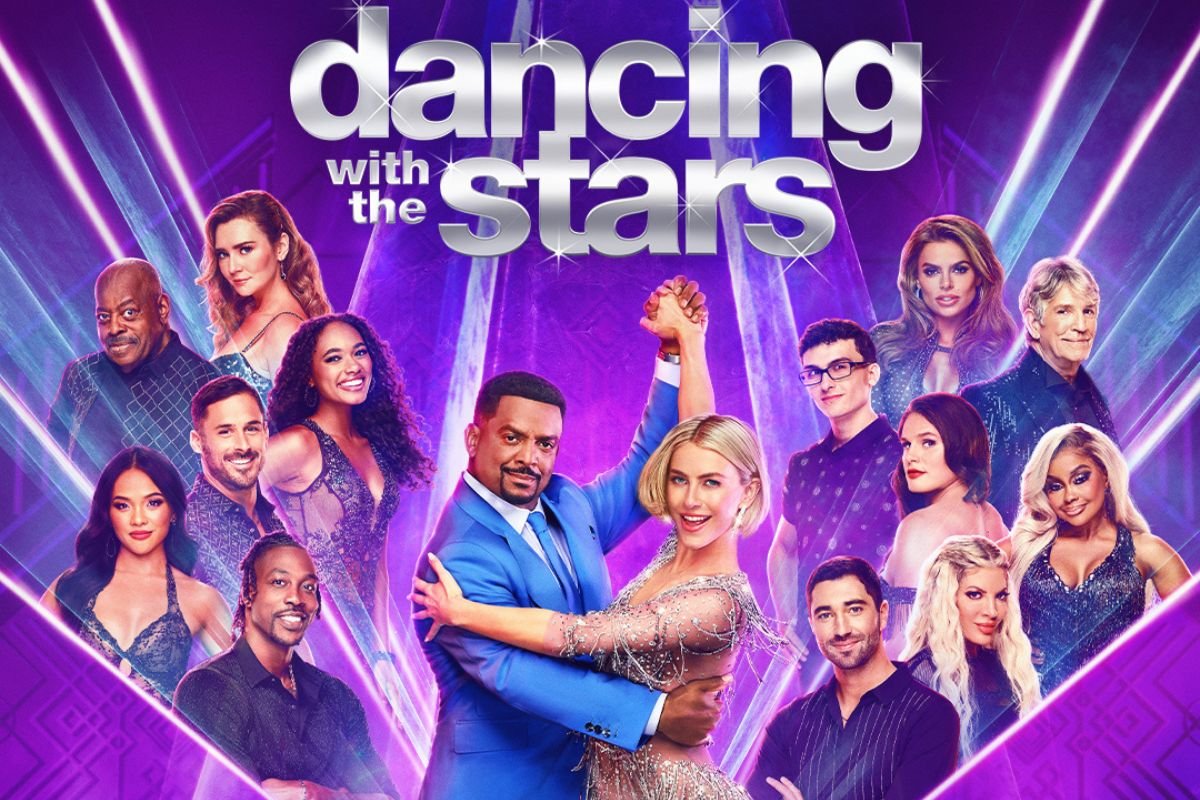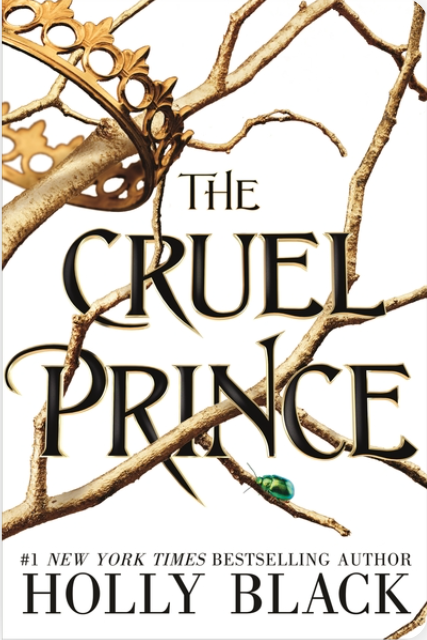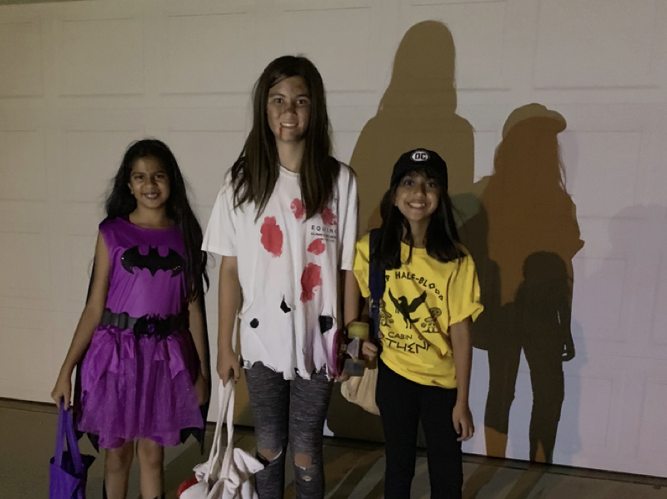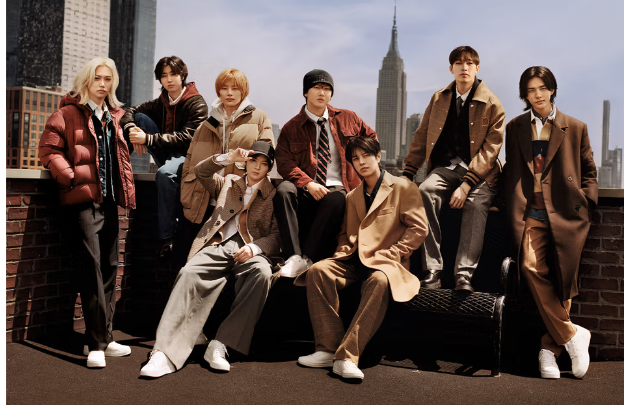An Accepting Generation
Twitter user @ahoybailey defends the upcoming generation on sensitivity
November 27, 2018
Is the upcoming youth too soft? Will they able to empower the harsh world? It’s a never ending debate between the older and younger generation; Traditionalists vs Non-traditionalists; old vs young. The debate only exists because of the obvious changes to the structure of society, and countless differences have occurred as a result.
Today, same-sex marriage is legal. Women are working in male-dominated career fields. Mental health is taken more seriously. Students end up changing their careers various times. The point is, nothing is as it was in the past. As a society, there has been a steady progression away from what is “right,” and it’s inevitable for a healthy future.
Elder conservatives tend to criticize the upcoming generation as being “snowflakes” or “emotional.” In their eyes, kids these days can’t handle jokes that are meant to be taken lightly. However, Twitter user @ahoybailey counterattacks by expressing how kids “laugh at internet memes” all day, they “just don’t like racist jokes.” Back then, it was likely acceptable to laugh at a racial slur, a mental health joke, or maybe even an abusive joke. But today, expect harsh criticism from neighboring peers who make humor of a serious topic.
But are young kids these days too emotionally delicate? The answer is no; instead, because of their attentive attention to their surroundings, generations are becoming increasingly accepting towards critical issues.
Same-sex marriage used to be viewed as taboo and irregular. Women working outside of household duties were seen as comical since society believed them to be weak. Mental health problems were seen as fake and “all in the head.” With this societal mindset, youthful individuals have become insecure and afraid of doing what they love. What traditionalists call “lazy” is what others call doing what they love. What they say is “abnormal,” others can describe as love. What they label “unimaginable,” others characterize as equality. What they portray as a “phase,” doctors confirm it to be an “epidemic.” Alyssa Pepito (12) asserts that modern society is “more caring” because “kids are able to think about how their actions affect everything and everyone.” Changing the way insensitive people used to act “makes a huge positive difference.”
These are only a few cases of how the new generation is shifting traditionalist views. There are still subjects that should be approached and highlighted in order for a real difference to be made. Although young kids can be “sensitive,” they are becoming more educated on how they can generate a world that resists racism, bigotry, and ignorance–and that’s empowering.



